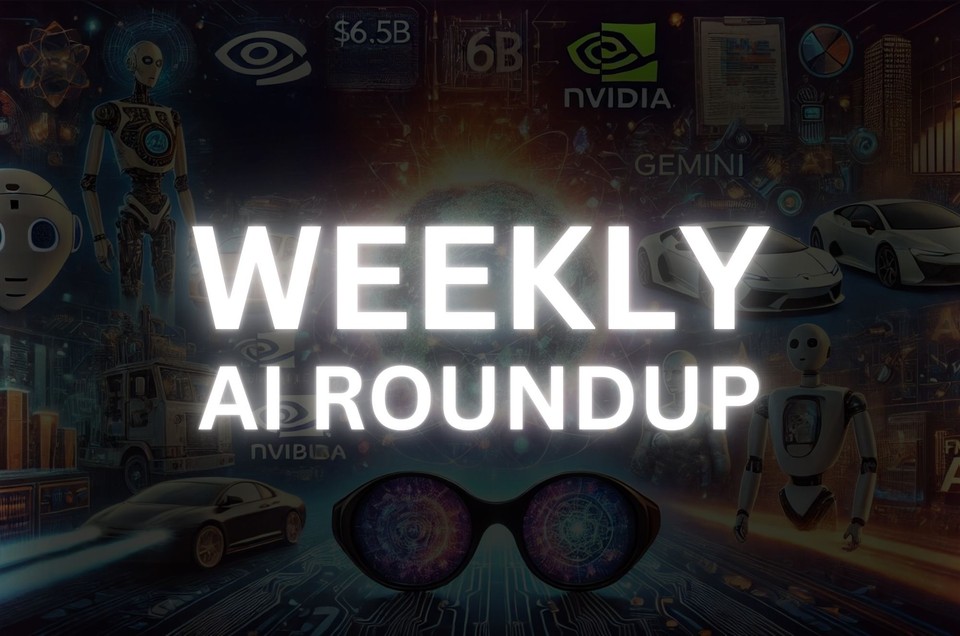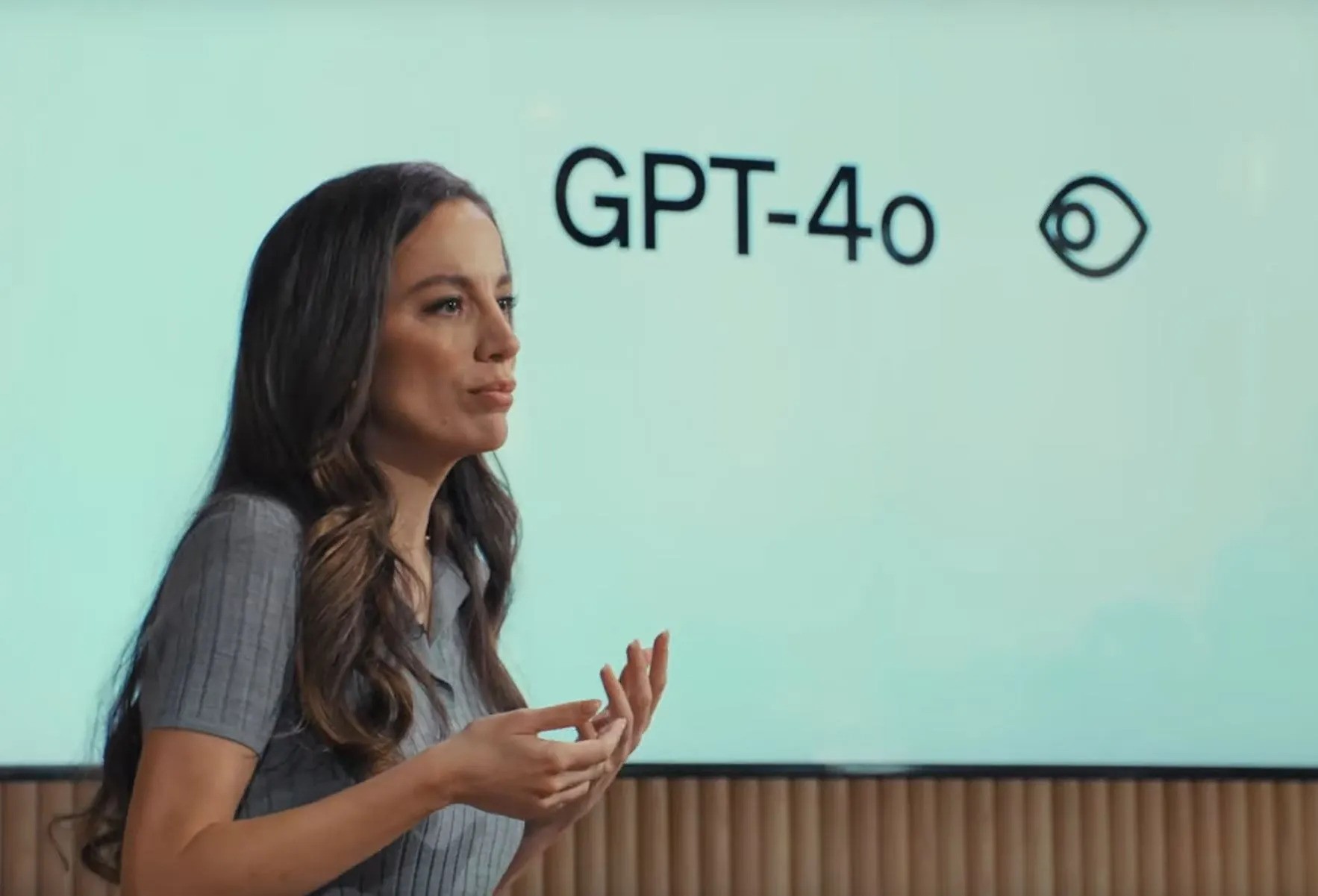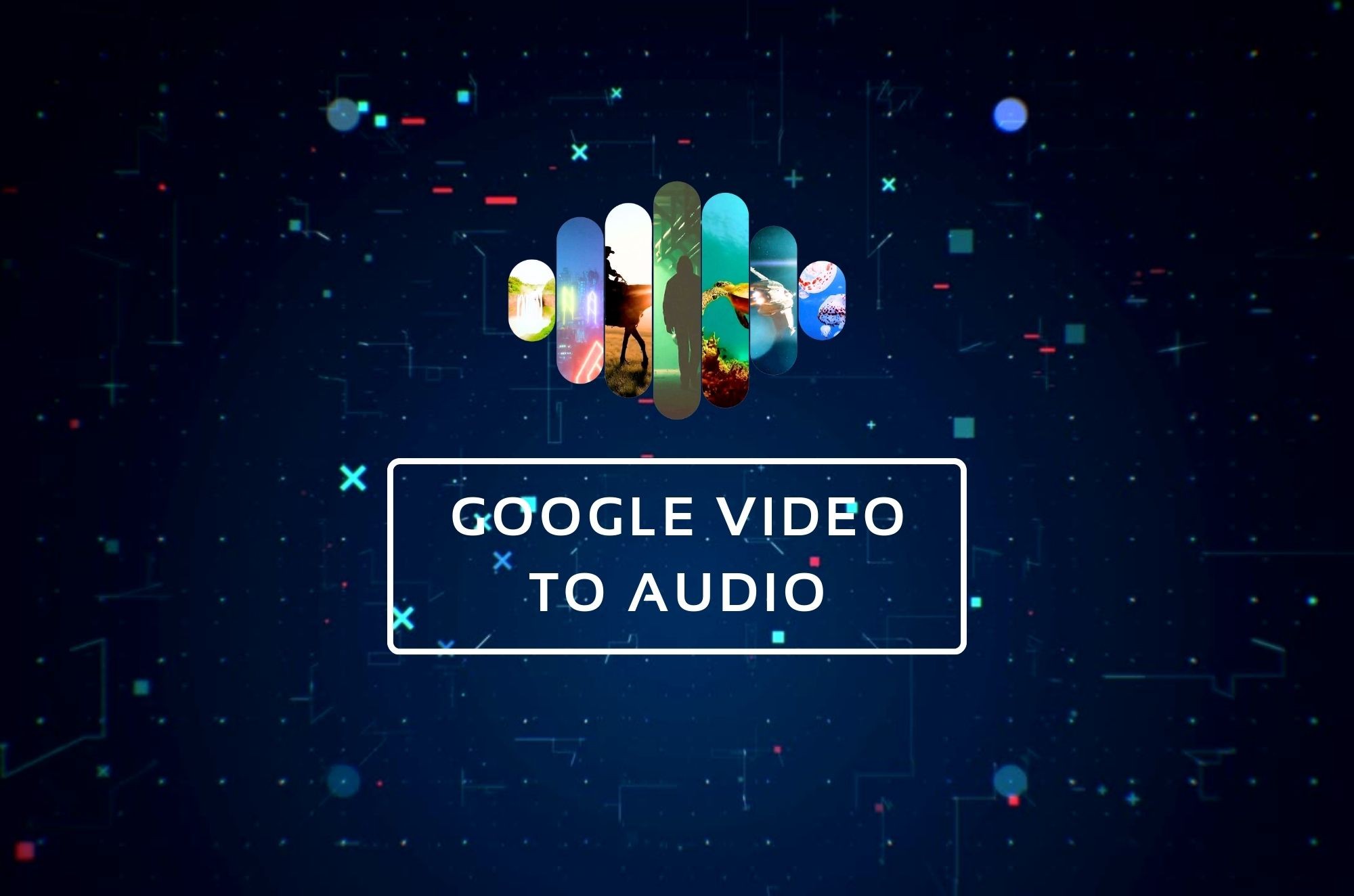Introduction
In an already booming industry, the AI world has had another action-packed week, with OpenAI making headlines once again, Nvidia pushing forward in autonomous driving, and Meta unveiling some of its most futuristic products to date. From massive funding rounds to AI-driven cars and smart glasses that could change how we see the world—here’s everything you need to know.

OpenAI: Funding the AI Revolution $6.5B
Every major tech company wants a piece of the AI pie. OpenAI is at the center of it all. The company behind ChatGPT is about to raise $6.5B, the biggest funding round in history. That will put OpenAI at $150B valuation.
What’s the Hype?
OpenAI is picking its investors and Apple, Microsoft and Nvidia are lining up. Leading the round is Thrive Capital with $1.25B but there’s a catch: you need to put in at least $250M to get in. It’s not just about the money; it’s about being front row to the biggest AI evolution ever. The tech industry is already buzzing with some saying this could be the moment the trillion dollar AI companies are born.
OpenAI has never made a profit. So why the $150B valuation? Investors are betting on CEO Sam Altman’s vision for AI that goes beyond ChatGPT—AI that interacts with the physical world and makes complex decisions on its own. This will take the company into new territory like Apple did with the iPhone or Tesla with electric cars.
Nvidia and Alibaba: Autonomous Cars
On the other end of the AI spectrum, Nvidia and Alibaba are making autonomous cars. The two giants announced a partnership to integrate Alibaba’s Qwen large language models with Nvidia’s automotive computing platforms including the Drive AGX Orin.
JUST IN: NVDIA and Alibaba announce AI-powered autonomous driving partnership. pic.twitter.com/2Eb1e677Ak
— Radar🚨 (@RadarHits) September 23, 2024
This will change in-car systems, using dynamic conversations and environment aware AI. Voice assistants in cars will go from being digital helpers to highly interactive companions that understand context, make decisions and offer personalized recommendations based on real-time data from the car’s surroundings.
A Win for Open-Source AI
Nvidia using Alibaba’s Qwen models is a big win for open-source AI and a move towards more collaboration and cross-platform innovation. For autonomous driving this is a step towards fully integrating AI into real world applications and making our roads smarter and safer.
Autonomous driving has been a long time coming but there are still many hurdles. By combining Nvidia’s hardware with Alibaba’s AI models the companies are saying they think the solutions to those challenges are finally here. For consumers that means smarter and safer cars sooner.
OpenAI’s Advanced Voice Mode: AI That Sounds Human
OpenAI is on a roll and their latest update—Advanced Voice Mode (AVM)—for ChatGPT is proof. AVM is now available to all ChatGPT Plus and Teams subscribers with several new voices and more functionality to make conversations with AI more natural.
If you are a Plus or Team user, you will see a notification in the app when you have access to Advanced Voice. pic.twitter.com/65IRLxXBwq
— OpenAI (@OpenAI) September 24, 2024
Human-Like AI
What’s important here isn’t just the new voices but the deeper integration of memory and custom instructions. AVM can now retain information across sessions so conversations can be highly personalized and feel continuous and not robotic. Plus the updated system claims to understand accents and have smoother and faster conversations making it the leader in making AI assistants usable in daily life.
This is more than just a new feature—it’s a step towards Altman’s vision of AI agents that can do real world tasks from booking appointments to managing complex workflows. If AI is going to be part of our daily lives it has to be as natural and intuitive as talking to another human. OpenAI is getting there.
Alphabet’s Gemini 1.5: AI at the Speed of Innovation
Not to be left behind OpenAI Alphabet has released two new versions of their Gemini 1.5 model, claiming a big speed and cost improvement. These models are faster—up to 2x faster—and cheaper than OpenAI’s o1 model.
Two new production Gemini models, >2x higher rate limits, >50% price drop on Gemini 1.5 Pro, filters switched to opt-in, updated Flash 8B experimental model, and more. It’s a good day to be a developer : )https://t.co/cIFAug080w
— Logan Kilpatrick (@OfficialLoganK) September 24, 2024
New Ground in AI Capabilities
The upgraded Gemini can now process massive datasets like 1,000 page PDFs and execute complex tasks like 10,000 lines of code or hour long video analysis. Alphabet has also improved Gemini’s math benchmarks making it more appealing to businesses and developers focused on high level technical tasks.
While OpenAI’s models may have the edge in reasoning Alphabet’s Gemini is the more affordable and accessible option for developers looking to build practical applications. Whether you’re building custom voice assistants or generating product images Gemini is becoming a must have in the AI developer’s toolkit.
Meta Connect 2024: AR Glasses and the Future of Interaction
Meta saved the best for last with their Meta Connect event and unveiled AR glasses that will bridge the digital and physical worlds. These aren’t just glasses—they’re full AR headsets in a pair of glasses. Live translations, holographic interactions and more.
A Sneak Peek
The new Ray-Ban Smart Glasses can “see” and “hear” your environment and provide real time assistance with everyday tasks like finding your car or translating languages in live conversations. But their biggest announcement is Orion, a pair of prototype AR glasses that could change everything. Controlled by a neural interface these glasses will turn sci-fi into reality and let you do tasks just by thinking.
Here’s a sneak peek at Meta’s new small form glasses, called Orion. They’re fully standalone and feature eye, hand, and even neural tracking. Can’t wait to try these! pic.twitter.com/gIN2NOllMW
— Nathie @ Meta Connect (@NathieVR) September 25, 2024
Meta’s AR glasses are more than just a cool device—they could be the next major leap in human computer interaction. By putting AI into everyday wearables Meta is going head to head with Apple’s Vision Pro and could change how we live and work. If successful this could be the beginning of a new general purpose platform that rivals the iPhone in its impact on culture and technology.
Final words
As AI is moving at lightning speed this week’s announcements show just how fast the landscape is changing. Whether it’s OpenAI raising billions for the next frontier of AI, Nvidia and Alibaba in autonomous driving or Meta in AR one thing is clear: AI is not a concept of the future. It’s here and it’s changing everything.
The question is, are we ready for it?



